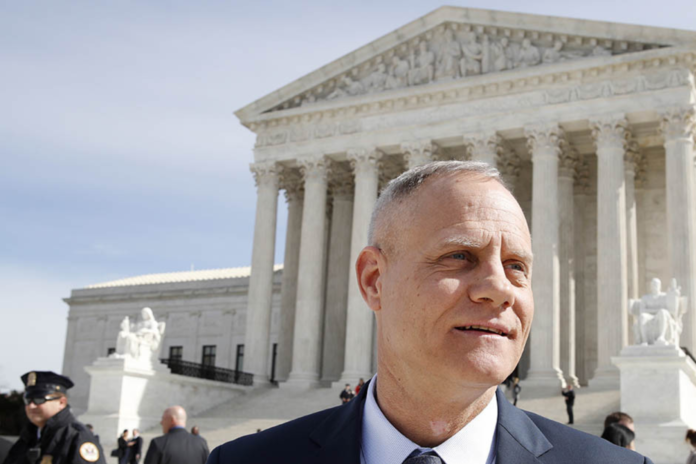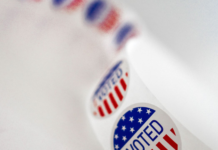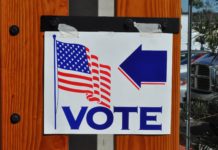In 2010, the state legislature passed a law that required the ballot boards—tasked with approving and reviewing absentee ballots—to contain a sufficient number of election judges, appointed from lists submitted to the Secretary of State by the major political parties. The law also required election judges who examine absentee ballots to be from different major political parties.
That law passed almost unanimously, and was signed by then-governor Tim Pawlenty. The push for the law came from the 2008 election controversy between Al Franken and Norm Coleman. In that election, Coleman was initially declared the winner, but more votes that appeared made Franken the winner in a recount. Analysis has found that over 1,000 ineligible felons cast votes in that election too, in a race where Franken won by a mere 312 votes.
The reason the ballot boards are so important is that Minnesota will likely have a huge amount of absentee ballots cast in 2020. Already, a system of loopholes allows voters who have their voter-registration “challenged” by authorities, meaning they are probably ineligible to vote, still vote absentee and have their ballot counted. In the 2016 election alone, Minnesota had 26,000 votes cast where the voter had a “challenged” voter-status.
Yet Minnesota’s Democratic Secretary of State, Steven Simon, wrote a rule change to the statute requiring bipartisan ballot boards and judges, which essentially removes the requirement for “party balance” by allowing appointed bureaucrats to do the accepting and rejecting behind closed doors.
According to the Minnesota Voter’s Alliance (MVA), Simon’s rule “has effectively eliminated election judges from being able to perform the primary duties of the ballot boards, namely, accepting and rejecting absentee ballots, by subtly creating an exemption that doesn’t exist in the law.”
MVA continues: “In fact, the legislature rejected a similar exemption in 2009 and again in 2013 that would have allowed city or county staff to do the do the accepting and rejecting of absentee ballots. But that did not stop Secretary of State Simon from going around the legislature.”
MVA says that there will likely be over one million absentee ballots cast this November, and many of them “will be accepted or rejected by unlawfully appointed partisan bureaucrats, without regard” to the law’s party balance rules.
Because of this, MVA, along with several state representatives and election judges, has filed suit seeking a declaratory judgement at the Minnesota Court of Appeals to rule that the “Secretary of State’s published rule 8210.2450, is in direct conflict with Minnesota Statute 203B.121, and must be declared invalid.”















